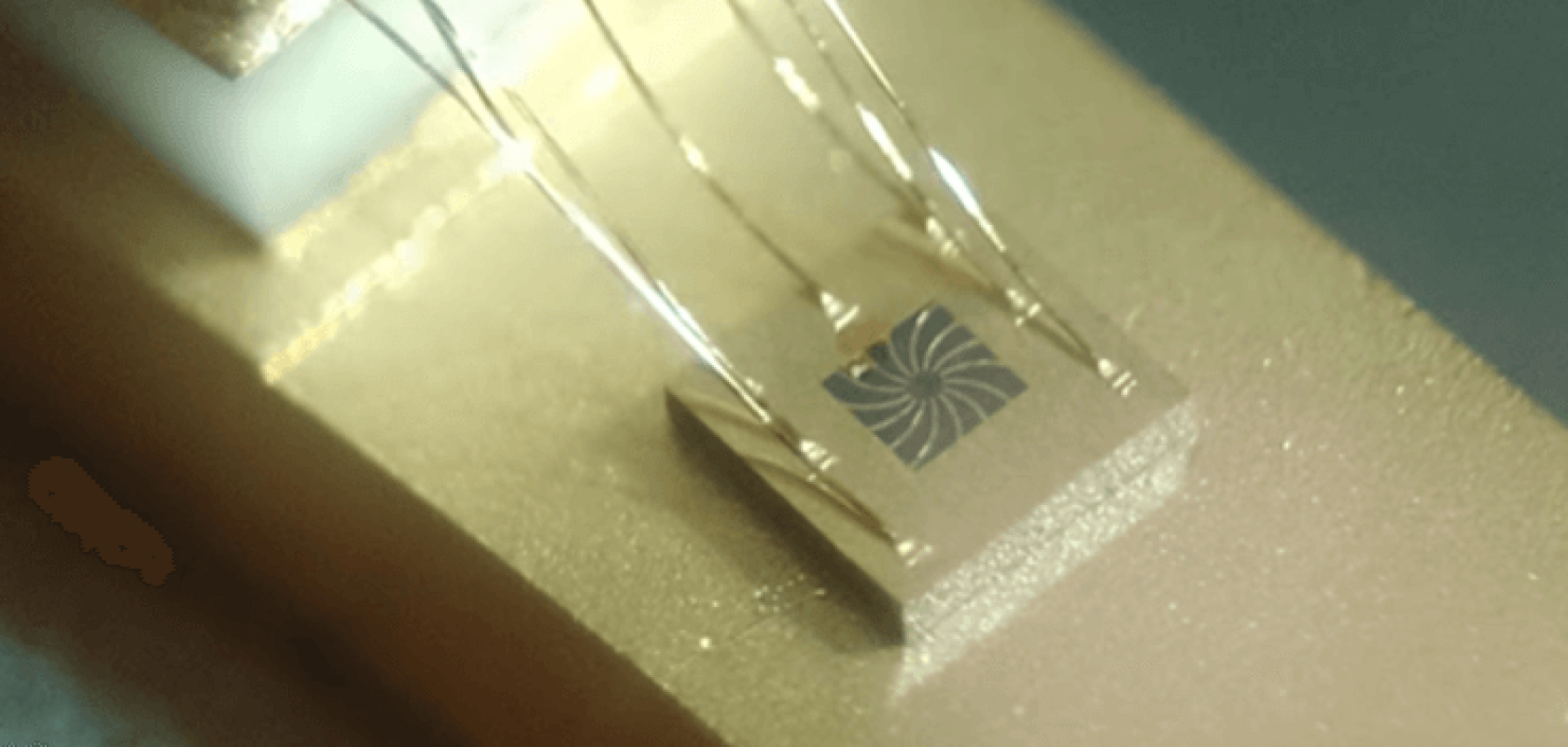Vector Photonics has received £1.667 million of equity investment and £1.27 million of additional research funding to help commercialise its surface coupling laser technology.
The company’s photonic crystal surface-emitting laser (PCSEL) innovation is a type of semiconductor laser that uses a 2D grating structure that scatters light linearly and orthogonally. Feedback is in-plane and light emission is out of plane, emanating from the laser’s top surface.
Out of plane, orthogonal, surface emission – enabled by and stabilised by the photonics crystal grating structure – makes the lasers easy to package and incorporate into PCBs and electronic assemblies. This offers advantages in data rate, wavelength and power performance when compared to equivalent edge-emitting lasers (EELs) or vertical-cavity surface-emitting lasers (VCSELs).
The University of Glasgow start-up's technology is set to benefit applications such as data communications, additive manufacturing (including metal and plastic printing), lidar, and optical sensing.
Neil Martin, CEO of Vector Photonics, said: “[The funding] provides a strong, financial base to continue the development and commercialisation of the company’s unique and revolutionary, surface emitting laser technologies.”
Commerical and research funding to advance LEDs and free-space optics
The equity investment comes from four companies, all of which have invested in Vector Photonics previously: Foresight WAE Technology (FWT) Funds, UK Innovation & Science Seed Fund (UKI2S), Equity Gap and Scottish Enterprise.
The research funding comprises two development projects. The first, ‘Frontiers’, is a £670k, revenue-generating, development project for free-space optics, funded by the Small Business Research Initiative (SBRI).
The second, ‘Graphics’, is a £600k, Innovate UK-funded grant, in collaboration with the University of Glasgow, developing Gallium Nitride (GaN) material processing expertise. This could lead to blue and green lasers that consume 70% less power than equivalent LEDs.


